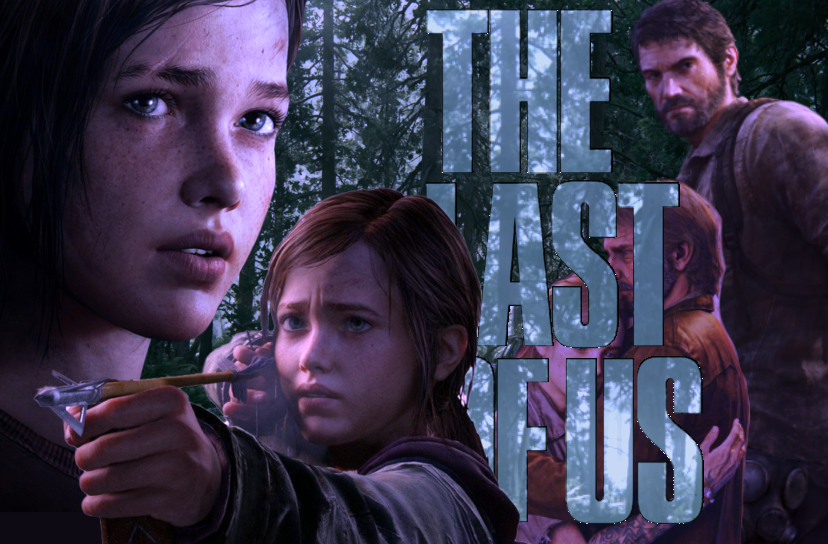The Last of Us Season 1 Review: Finding Family in the Apocalypse
March 20, 2023
“The Last of Us”, HBO’s hit adaptation of the video game by the same name, follows hardened survivor Joel Miller played by Pedro Pascal and rambunctious 14-year-old Ellie Williams, played by Bella Ramsey, as they traverse through the apocalypse to potentially save what is left of their world.
Ellie is immune to infection by the mutated Cordyceps fungus, making her humanity’s last hope for salvation. Joel agrees to take Ellie to the Fireflies, a revolutionary militia group that has the medical capabilities of creating a vaccine. Together they travel across the country fighting off murderers, cannibals and “Clickers”. The love shared between them hits its zenith when they reach the Fireflies, and we discover how far people would go to save the people they love.
Although it may not seem like it, with its gore and violence, the show’s core is about love. Throughout the series many dynamics are represented; from the familial relationships between Joel and Ellie and two brothers they meet named Henry and Sam, to the romantic ones, like between Ellie and Riley, who is Ellie’s best friend and ex-girlfriend. Time and again, we see varying stories of how profound love can be. Even when the world is gone, love still prevails in these relationships.
“The Last of Us” displays every facet of human nature and does so without judgment. The characters aren’t “evil” or “good,” they simply are. Joel makes selfish and aggressive decisions in order to save Ellie. Ellie, a girl born in the apocalypse and motivated by self-preservation, never leaves Joel’s side despite having the chance to. In a decimated world where hope is lost, the two find comfort in each other. For Ellie, Joel represents a family she never had, and for Joel, Ellie represents a family he lost.
The show does a great job at developing Joel and Ellie as individual characters through their relationship with each other. On the outside, they have reasonable differences; Ellie is a young frivolous girl, while Joel is an old man who barely ever cracks a smile. But at their core, they are the same. Both have lost nearly everyone in their lives, both have a penchant for violence and both have found solace in one another.
Both characters bear major relational deficits, with Ellie never knowing her father and Joel losing his daughter. They would both do anything to protect each other, as illuminated by the series’ last episode where we get a jam-packed action scene in a hospital.
The show never shies away from violence but makes an effort to show it in a way where it is not gratuitous. This is one of the only dystopian based shows that does not make an effort to show blood, guts and spleens every other episode. The violence drives the plot and formulates the characters’ overall developments. People die, but their deaths aren’t treated as shock value.
In a grueling scene where Joel is attacked by another man and fights him off, we actually see the other man calling for his mother in mercy. Even the “bad guys” are shown to be people who are just trying their best to survive. No one is evil. No one is pure.
The show leaves the audience with one burning question: how much of the world are you willing to burn to save someone you love? The second season of “The Last of Us” has already been confirmed by HBO with a release date yet to be announced.






